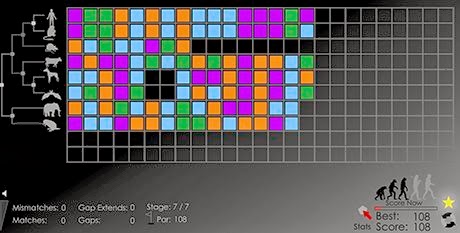A new generation of online games
don't just provide entertainment – they help scientists solve puzzles involving
genes, conservation and the universe. For all their virtual accomplishments,
gamers aren't feted for their real-world usefulness. But that perception might
be about to change, thanks to a new wave of games that let players with little
or no scientific knowledge tackle some of science's biggest problems. And
gamers are already proving their worth. In 2011, people playing Foldit, an
online puzzle game about protein folding, resolved the structure of an enzyme
that causes an Aids-like disease in monkeys. Researchers had been working on
the problem for 13 years. The gamers solved it in three weeks.
A year later, people playing an
astronomy game called Planet Hunters found a curious planet with four stars in
its system, and to date, they've discovered 40 planets that could potentially
support life, all of which had been previously missed by professional
astronomers. On paper, gamers and scientists make a bizarre union. But in
reality, their two worlds aren't leagues apart: both involve solving problems
within a given set of rules. Genetic analysis, for instance, is about finding
sequences and patterns among seemingly random clusters of data. Frame the
analysis as a pattern-spotting game that looks like Candy Crush, and, while
aligning patterns and scoring points, players can also be hunting for mutations
that cause cancer, Alzheimer's disease or diabetes.
More information:
